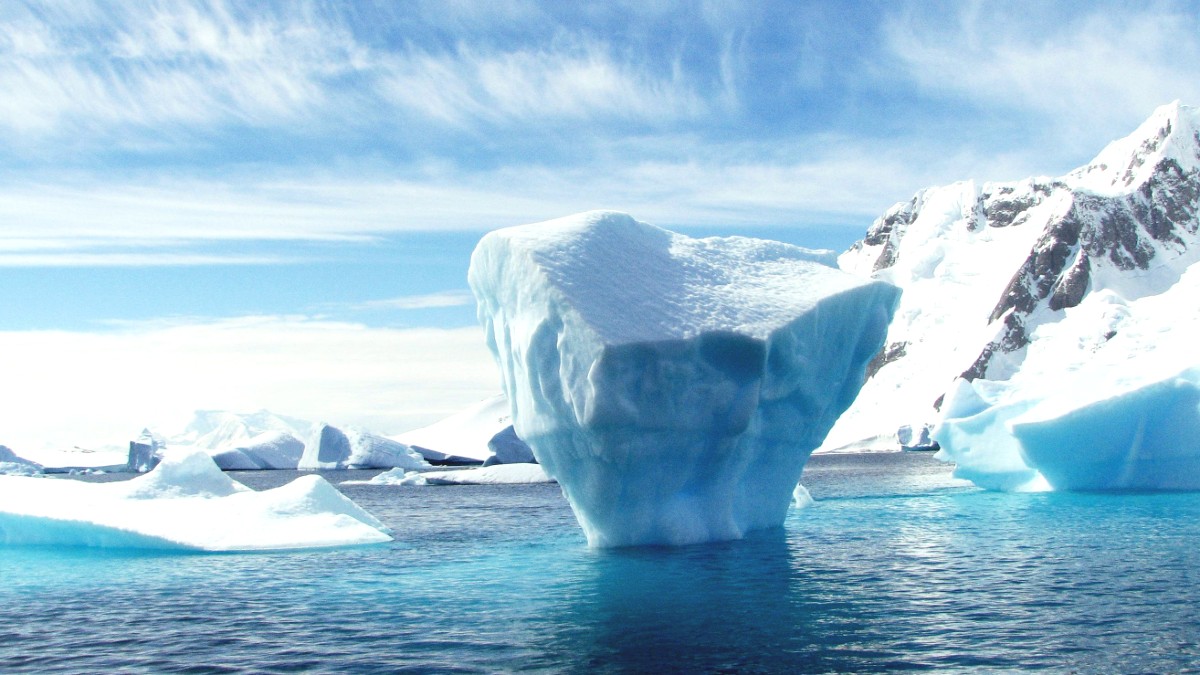
Ingredients come from outside Antarctica, carefully provisioned before each voyage. Ships focus on fresh produce, meats, and seafood.
Flavors generally cater to an international palate, often including comfort foods alongside more refined dishes. A blend of European, American, and sometimes Asian influences appears on menus.
Standard shipboard dining etiquette applies. Most ships feature a main dining room with set meal times, fostering a social atmosphere.
Dress code is typically casual, though some passengers may choose to dress up slightly for dinner. Respect for other diners and ship staff is customary.
Food remains consistent across the ship; traditional Antarctic cuisine or regional variations are not present.
Ships' chefs may prepare signature dishes, often including hearty stews and freshly baked goods.
Expect comforting and substantial meals.
If seafood appears on the menu, it is responsibly sourced from outside Antarctic waters, which are highly protected.
Antarctica itself has no traditional "must-try dishes."
Pastry chefs create appealing desserts. Warm cookies or fresh pastries after a cold landing are a welcome treat.
The focus remains on the quality and variety of shipboard food.
Most ships accommodate vegetarian and vegan meals. Notify your operator upon booking.
Ships typically accommodate gluten-free diets and other common allergies. Provide detailed information in advance.
Daily briefings, often with drinks and snacks, cultivate a social atmosphere. This allows for discussion of the day's events and plans for the next.
After a polar plunge (an optional, supervised dip in frigid waters), participants often receive warm drinks like hot chocolate or mulled wine.
Every meal becomes a distinctive experience due to the constantly changing Antarctic scenery visible outside the ship's windows.
Cooking classes and food tours are not typical on expedition ships. The focus remains on exploration and education about the Antarctic environment.
The journey emphasizes discovery.
Farm visits and direct engagement with food producers are not applicable due to Antarctica's unique ecosystem and lack of agriculture.
All provisions are brought from outside the continent.
Ships may feature special meals for holidays like Christmas or New Year's if your trip falls during those times.
A festive atmosphere may accompany seasonal celebrations onboard.
Some ships accommodate individual passenger celebrations with prior arrangement.
Catering reflects the summer expedition season.
The exceptional scenery during meals creates unique photo moments. Capture the views.
Every meal becomes a view-filled event.
Mealtimes are a social opportunity to connect with fellow passengers and expedition staff.
Share stories and observations.
Though not tied to Antarctic seasons, ships may feature special meals for holidays if your trip coincides.
A range of beverages are available, with non-alcoholic options often included and alcoholic drinks for purchase.
A mid-afternoon snack or "afternoon tea" often awaits with sandwiches, cakes, and hot beverages.
Some ships offer a more casual dinner option in a lounge or secondary dining area.
The ship's provisions are carefully selected and loaded before each voyage to Antarctica.
Menus are tailored to the availability of fresh ingredients during the expedition season, not local Antarctic produce.
No seasonal foods from Antarctica itself.
Meals are designed to be comforting and substantial, providing the energy for activities in a cold environment.
Fueling your adventure.
The journey's main activities are exploration and education, not elaborate culinary workshops.
All food items are brought from outside the continent, highlighting the logistical aspects of Antarctic travel.
Enjoy the variety of international cuisine on board. Chefs dedicate themselves to creating satisfying meals to fuel your daily explorations.